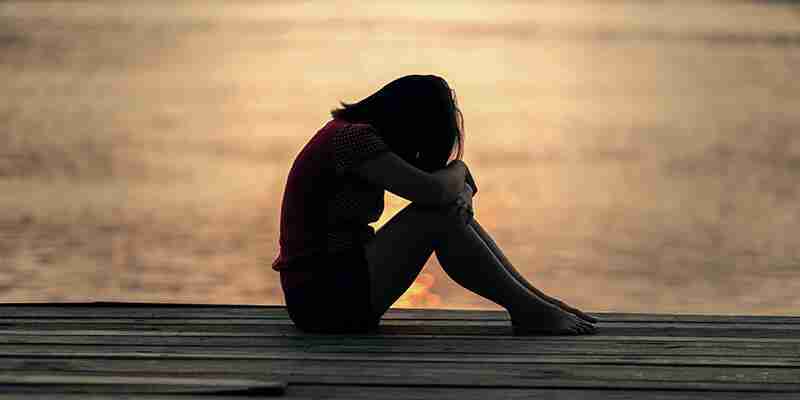The Effects of Crime on Victims.
Although every individual responds to situations differently, victims of crime may experience some common reactions to traumatic events.
Beyond the harm caused by the crime itself, the victim along with loved ones may feel affected in other ways. It is important to seek help as a victim, or if you know somebody who is affected by crime, it is just as important to learn how to provide support.
A common post-traumatic event reaction is numbness and disbelief with what has happened. You may also experience some changes in your physical and emotional health. This may include headaches, issues with sleep, a constant replay of events, as well as being easily startled. Some feelings and thoughts may also fluctuate, such as feelings of sadness, anger, guilt, and confusion that may leave you feeling helpless and isolated. These effects may impact your day-to-day life activities as you may experience reduced abilities in concentration and memory.
In some cases, victims of crime may also experience anxiety or depression. If you feel that this is happening to you, it is important to reach out and seek professional help.
As much as there are good reasons to report a crime, there are also reasons why some may feel uncomfortable, afraid, or just not ready to. If you have chosen to not report a crime, it is important that you seek help to manage the psychological effects of the crime on your mental health, along with figuring out how to approach the situation if you decide to report the crime later.
The psychological consequences of experiencing crime do not depend on the severity of the crime. These effects could be long-lasting and could affect your quality of life. Consequences could include
Intense Emotions
A common effect for victims of crime is the fuelling feeling of anger. The emotions experienced by the victim may be strong, and even surprising. This can be due to the constant replay of what happened, followed by wandering thoughts of what could have happened. It is also possible for intense feelings of resentment to lead to thoughts of revenge.
Anxiety
Victims of crime may experience anxiety following the traumatic event. Being in a situation you never thought you would be in could raise a lot of questions and increase worries. Being a victim of crime may even feel unreal and may lead to a sense of lost control.
Shame
It is common to experience feelings of shame and guilt after being a victim of a crime. The sense of guilt comes from thoughts of wondering what would have happened if they did things differently, leading up to the crime. Although this is not the case, victims may feel as though it is their fault that the traumatic event happened. Feelings of regret and shame may also cause the victim to shy away from reporting a crime.
Destructive Behaviours
As the victim struggles with feeling isolated and powerless, this can make it difficult for the victim to think of their future, therefore they may also avoid engaging in daily activities, further increasing feelings of isolation. The combination of strong emotions and feelings of isolation, confusion, loss of control and fear may lead to suicidal thoughts or even suicidal attempts.
Impaired Rationality
It is very common for victims of a traumatic event to lose their ability to think or act rationally. The traumatic event and strong emotions that follow heavily impact the way the victim thinks of the event, and the way the victim remembers the event, affecting important details regarding the situation.
Seeking Help As A Victim Of Crime
To be able to COPE and begin healing from a traumatic incident, it is important to take the right steps in moving forward. These could include –
- Counselling: Seeking professional help, especially if the crime was violent.
- Find a person, family member, or friend that you can open up to and trust.
- Be gentle with yourself while you take the time to process what has happened.
- Build a routine that keeps you active in your daily life and regain normality but remember to not push yourself over the limit.
- Take small steps in the right direction but avoid making big life-altering decisions immediately after the incident.
- Try your best to be open and let the strong emotions flow, rather than keep them bottled up.
The most important thing is to remember that what has happened is not your fault, and you are not to blame for.
References:
Home | Victims of Crime Victoria
Psychological Effects of Crime on Victims & How to Seek Help (trellidor.co.za)
